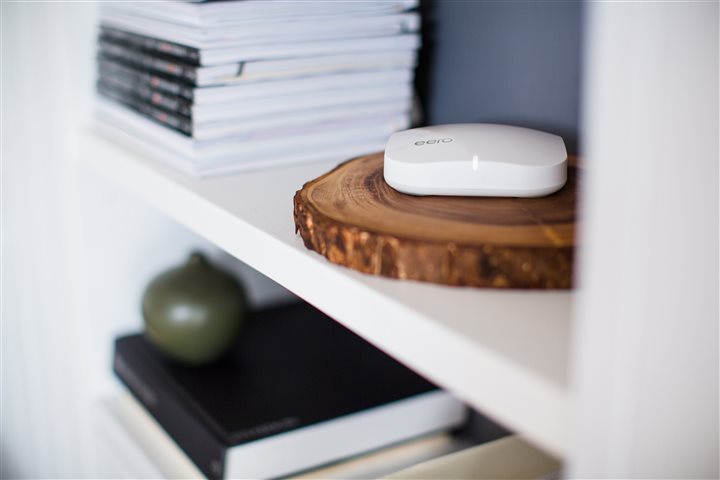 You don’t need an expert to tell you: America is hooked on the internet. Just try to think of the last day you didn’t use the web in some way.
You don’t need an expert to tell you: America is hooked on the internet. Just try to think of the last day you didn’t use the web in some way.
But you probably don’t think much about the main way the internet is delivered: through WiFi. It powers your computer at work – as well as the Facebook feed you’re discreetly checking under your desk. At home, it’s the new electricity. Netflix, Hulu, and Pandora rely on it. It powers activities on your smartphone, unless you want to rack up a huge data bill from your carrier. WiFi runs the kids’ Xbox and maybe even your thermostat and security camera – these days, almost every device in the home is thirsty for WiFi.
When you do think about WiFi, it’s usually because it’s not working – and driving you nuts. Before investing in a more expensive internet package or living with buffering videos and router resets, here are three do-it-yourself ways to improve your home WiFi:
Move your router
If you have rooms that don’t have access to the internet – dead zones – first try moving your router to a more central location in the home. Because routers have a limited range, it’s important that your router is in a central area. If you can’t move the router to a different location, try elevating it on a table or shelf to spread the signal more efficiently.
Large metal appliances, like refrigerators, and electronics that emit radio waves, like microwaves, can interfere with your network’s signal. Keeping the router out of places like the kitchen can help bolster the range and speed of your WiFi.
Upgrade to a mesh network
Most households rely on a single router. But with the steep increase in home internet usage, one WiFi router may not be adequate to support all the devices connected to it.
A San Francisco company, eero, was the first to bring a mesh WiFi system into the home. eero – which is about as simple as anything gets in the tech world – works by swapping out your current router, plugging a single eero into your modem, then placing additional eeros throughout the house. The devices work together to create a wireless mesh network that delivers fast, reliable WiFi to every room. Their mesh technology ensures people are getting the same internet speeds they’re paying for throughout the entire home, instead of just near wherever their cable pipe comes in.
eero is quick to set up and makes it easy for people to manage their networks through a smartphone app. The app allows you to monitor your internet network from afar and invite guests to join the network via a text message. Parents can even assign schedules for when devices can access WiFi, making it easy to limit their kids’ internet usage.
Update your modem
An often-overlooked device that may be throttling your WiFi signal is the cable modem, the device that translates the data coming in through your cable pipe into a digital language your router can understand.
Households should update their modems every three to five years. If yours is outdated, it could be impacting the quality of your signal and speed. Many people rent their modem from their internet service provider for $5-10 a month. Purchasing a new, updated modem usually costs $50-100, but you’ll save money on a rental fee while seeing major improvements to your WiFi.
The way we use the internet today has changed and the old ways of WiFi are not keeping pace. Whether it’s moving your router, upgrading to an eero mesh network, or just swapping out your modem, you shouldn’t have to deal with buffering, dead zones, or router resets.

